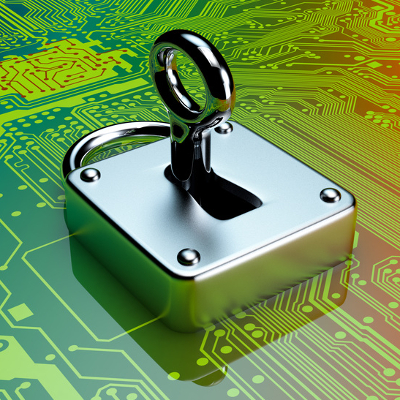The Equifax breach is yet again the latest example of a massive corporation getting hacked and exposing millions of sensitive information.
Unfortunately, hacks like this are becoming too frequent for our own safety, and will likely happen again. We are forever at the mercy of the security systems of the companies we trust to hold our private information.
This is why we cannot stress enough the importance of internet security and controlling as much of the security process as you can.
How To Protect Yourself From Another Equifax-Type Hack
Set up fraud alerts
Your first step should be to establish fraud alerts with the major credit unions including Equifax, Experian and TransUnion. They will/should alert you if someone tries to apply for credit in your name.
Also set up fraud alerts for your credit and debit cards. Contact your banks with their specific steps.
Consider credit freezes
A credit freeze will lock your credit files so that only companies you already do business with will have access to them. If a hacker uses your Social Security number and address to apply for credit in your name, the lender will first look at your credit report. If the freeze prevents the lender from viewing the report, then no new account for the hacker.
Check your credit report
Regularly monitor your credit report to spot any suspicious activity. Review your credit report as part of your financial routines so the numbers reflect your own habits.

